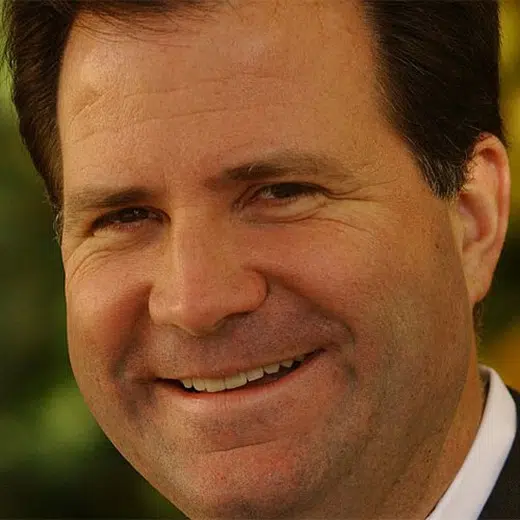LONDON (Reuters) -British bikes and car parts retailer Halfords said on Wednesday disruption in the global supply chain was dragging on its cycling business, although it stuck to its targets and guided that it was well-positioned to manage the challenge.
Halfords, Britain’s largest cycling retailer, said it expected the cycling supply chain issues, which include factory production constraints, raw material inflation, freight disruption and driver shortages, to continue for some time.
British retailers, cafes and restaurants are struggling to cope with a shortage of drivers, and in particular heavy goods vehicle (HGV) drivers, and food processing staff after COVID-19.
The problem is not unique to Britain – the United States and other European countries also have truck driver shortages, while across the world, there is also pressure on the wider supply chain due to COVID-19 and a shortage of container vessels and high raw material prices.
Halfords said on Wednesday that it was sticking to its full-year target for pretax profit to come in at above 75 million pounds ($103 million), buoyed by higher sales in its retail motoring arm, which were helped by the trend for staycations this summer.
For the 20-week period to Aug. 20, Halfords said underlying sales in cycling were down 23% compared to last year, although it noted that last year was unusual due to the pandemic, while sales for motoring products rose 52%.
Last year the company benefitted from a pick up in cycling as Britons tried to avoid public transport due to COVID-19 and bought or repaired bikes instead. Halfords said it remained confident in the long-term outlook for the cycling market.
($1 = 0.7268 pounds)
(Reporting by Sarah Young; editing by Michael Holden)






